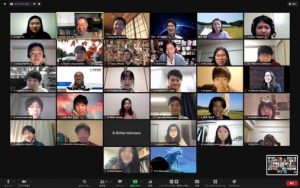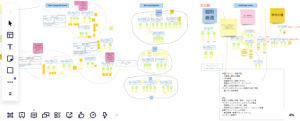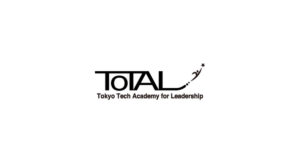By utilizing horizon scanning techniques to capture signs of uncertain change and forced thinking (brainstorming), we proactively design the future 10-15 years from now that no one has ever thought of before.
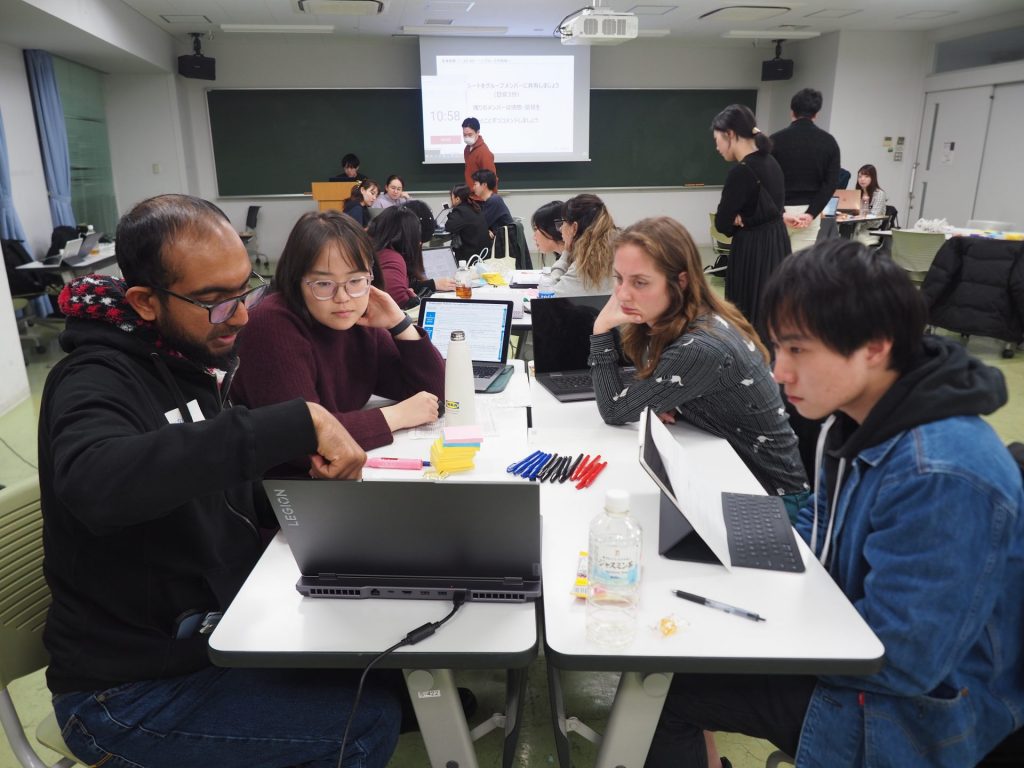
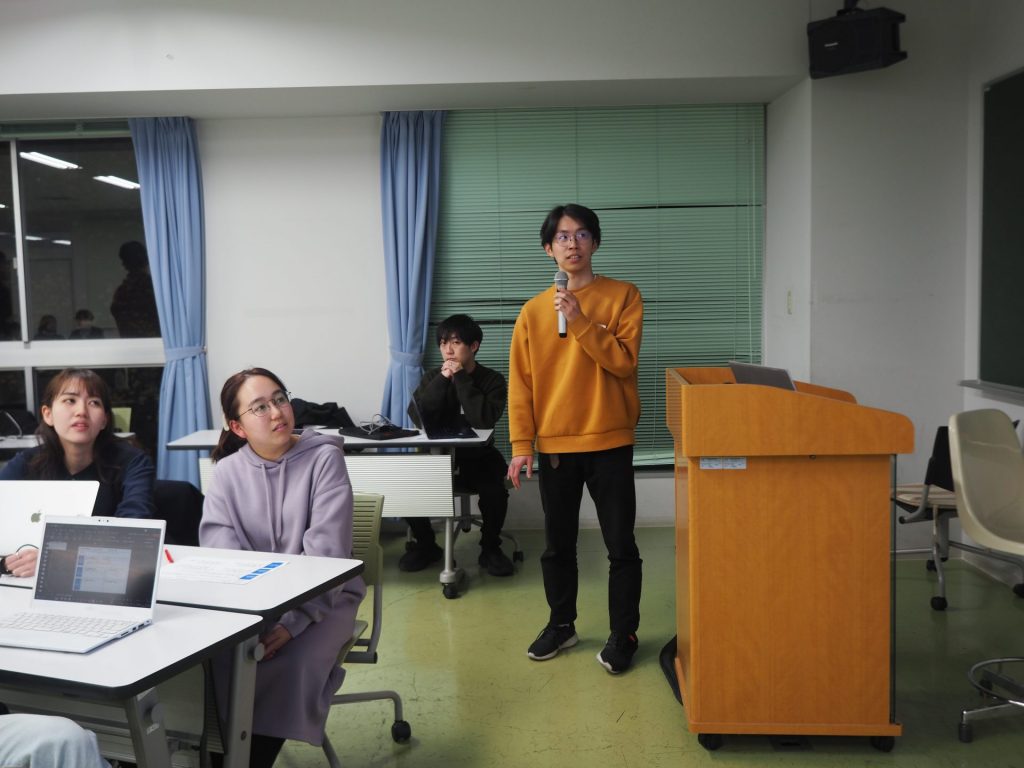
Overview
“Future Foresight” has spread primarily in Europe and the United States as a way of predicting the future and managing uncertainty in the VUCA era. In Japan, it is used alongside “Design Thinking” by private companies, governments, and local governments as a methodology for generating innovation.
Future Foresight differs from “forecasters”, which should be considered as an extension of the present. Instead, it envisions multiple future possibilities and then considers the path to those possibilities as scenarios. Therefore, it can also be considered a methodology for correcting the course of a strategy through “backcasting”. Therefore, in Future Foresight, it is important to critically question familiar, existing perspectives and relationships, and adopt a mindset that embraces bias-breaking and reframing (redefining the problem), which creatively challenge them.
Using horizon scanning, which identifies signs of uncertain change, and forced thinking (brainstorming), you will proactively design a future 10-15 years from now that no one has yet imagined. Experience the thinking tools of future foresight to achieve this.
| 📂 Category | Innovation |
| 📌 Keywords | Issue identification, Backcast, Re-flaming, Scanning |
| 🎯 Objectives | Cultivating the ability to design the future with evidence |
| 🌐 Language | English and Japanese |
| 👥 Target Participants | Bachelor, Master and Doctoral students |
| 🗓 Format | 3 sessions(in-person) |
| ✅ Past & Upcoming Sessions | #1: 31/Oct/2025 (Fri) 18:00-21:00 #2: 7/Nov/2025 (Fri) 18:00-21:00 #3: 16/Nov/2025 (Sun) 13:00-18:00 |
| 📍 Venue | S4-202, Ookayama |
| 🌟 Recommended for | – Students who want to learn methods for designing the future (creating their own vision, backcasting, scanning, bias breaking, reframing, and forced thinking) – Students who are interested in solving social issues – Students who are interested in teamwork and building new networks |
| 📊 Points | 11 points in total: 3+3+5 (Points to be awarded to students enrolled in the courses for credits. Please refer to the syllabus for details.) |
| 🎟️ Capacity | 40 participants |
Main Content
Workshop Theme: The Future of Your Own Interests and Your Future
- While you may consider the latest trends in your academic research, hobbies, or other areas of interest, you may not often think about what the future will hold 10 or 20 years from now. However, it’s important for you to imagine, for example, how advanced your research will be in 2040? How will it be affected by societal changes? How will you be involved in that world?
- In this workshop, we’ll imagine the future of your own interests, consider unexpected social changes that may occur, and consider the future you want by deepening your connection to them.
- By utilizing future insight techniques, you can come up with ideas that excite you and inspire you, rather than a future that someone else has thought up and defined. This will help you discover clues to carve out the ideal future you envision.
Facilitator
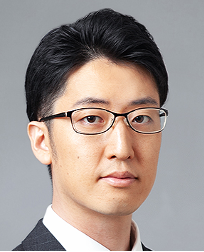
Shigeki Matsuki
Consultant, Future Design Lab., Research Consulting Dept., The Japan Research Institute, Limited (JRI)
After completing his master’s degree at Tokyo Institute of Technology Graduate School of Bioscience and Biotechnology, he worked in plastics research, development, and marketing at a major chemical manufacturer before joining the Japan Research Institute, Ltd.
Specialty Areas
- Supporting mid- to long-term management and business strategy formulation using future insights
- Developing innovative talent using future insights and design thinking
- Supporting new business and technology development
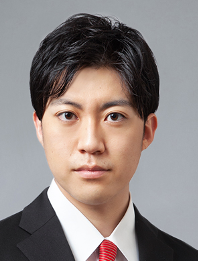
Kazuki Fujimoto
Consultant, Future Design Lab., Research Consulting Dept., The Japan Research Institute, Limited (JRI)
After completing a Master’s degree in Urban Engineering at the University of Tokyo Graduate School of Engineering, he joined the Japan Research Institute, Ltd.
Specialty Areas
- New business development and vision formulation support using future insights
- Educational program development to foster futures literacy
- Horizon scanning
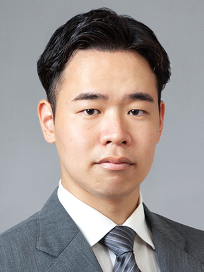
Yasuhiko Kayauchi
Consultant, Future Design Lab., Research Consulting Dept., The Japan Research Institute, Limited (JRI)
After graduating from Waseda University’s School of Political Science and Economics, Department of Political Science, he joined a Japanese consulting firm. In the financial department, he worked as a PMO, primarily on projects such as financial institution mergers and integrations and group company establishment, developing execution plans and providing on-site support for their implementation. In 2023, he joined the Japan Research Institute, Ltd., where he currently works.
Specialties Areas
- New business planning using future insights
- Vision development using future insights
- PMI support
- Group company establishment support
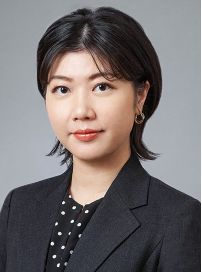
Xuqin Yu
Consultant, Future Design Lab., Research Consulting Dept., The Japan Research Institute, Limited (JRI)
Graduated from the Department of English Literature, Hunan Normal University (China) , and Master’s degree in Advertising and Design, Graduate School of Design, University of Leeds (UK)
PhD degree, Graduate School of Media Design, Keio University
Specialty Areas
- Human-Centered Design
- Design Thinking
- Aesthetic Psychology
- Media Design & Communication Design
- Branding
Past Event Records
Voices from Participants
- While many people have heard of examples of innovations arising from the combination of two different ideas, many remain unsure of how to actually achieve such a combination and what to focus on. I was one of those people, and through this workshop, I experienced a method for forcibly integrating ideas conceived through two completely different methods to arrive at a completely new idea. I felt that this could be applied to research project ideas by replacing scanning materials with papers and reviews. (M1)
- It was extremely enjoyable to indulge in ideas about a future that does not yet exist while being introduced to the method. It was especially satisfying when a chain of ideas arose within the group. I highly recommend participating! (M1)
- If you’re struggling to generate new ideas, please give this a try. Knowing how to generate ideas efficiently will make it easier. (M2)
- Future Foresight is also a way to change the future. (M2)
Event Report
Contact Faculty
Keisuke Yamada, Specially Appointed Professor, Academy for Leadership
📩 yamada.k.9f82 [at] m.isct.ac.jp

